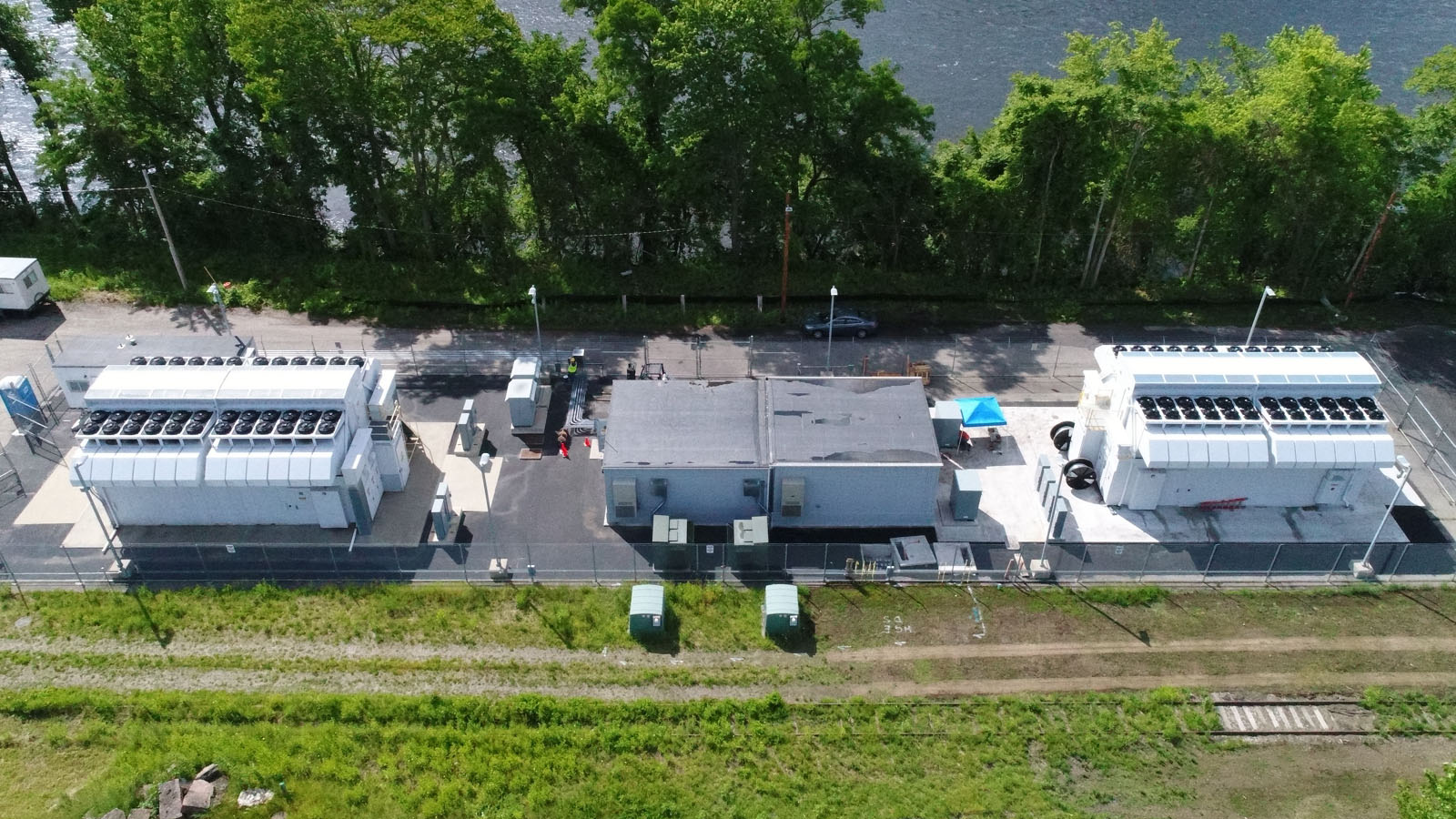

The Lincoln Laboratory Supercomputing Center (LLSC) staff are advancing the capabilities of our supercomputing system by developing new technologies to improve the system's performance. The center provides interactive, on-demand parallel computing that allows researchers from across the Laboratory to augment the processing power of their desktop systems in order to process large sets of sensor data, create high-fidelity simulations, and develop new algorithms. We are also collaborating with researchers from MIT on several supercomputing initiatives.
